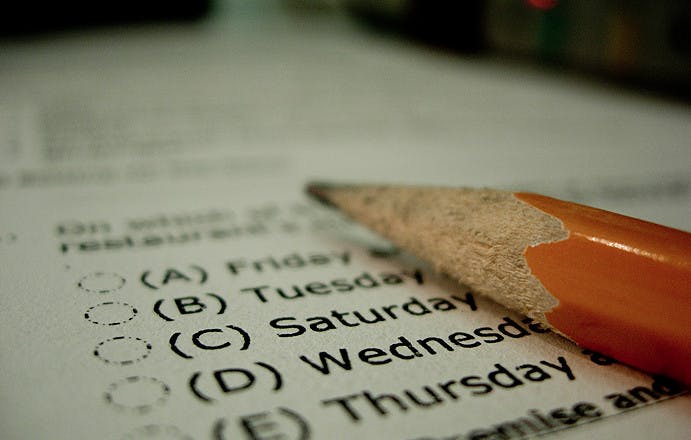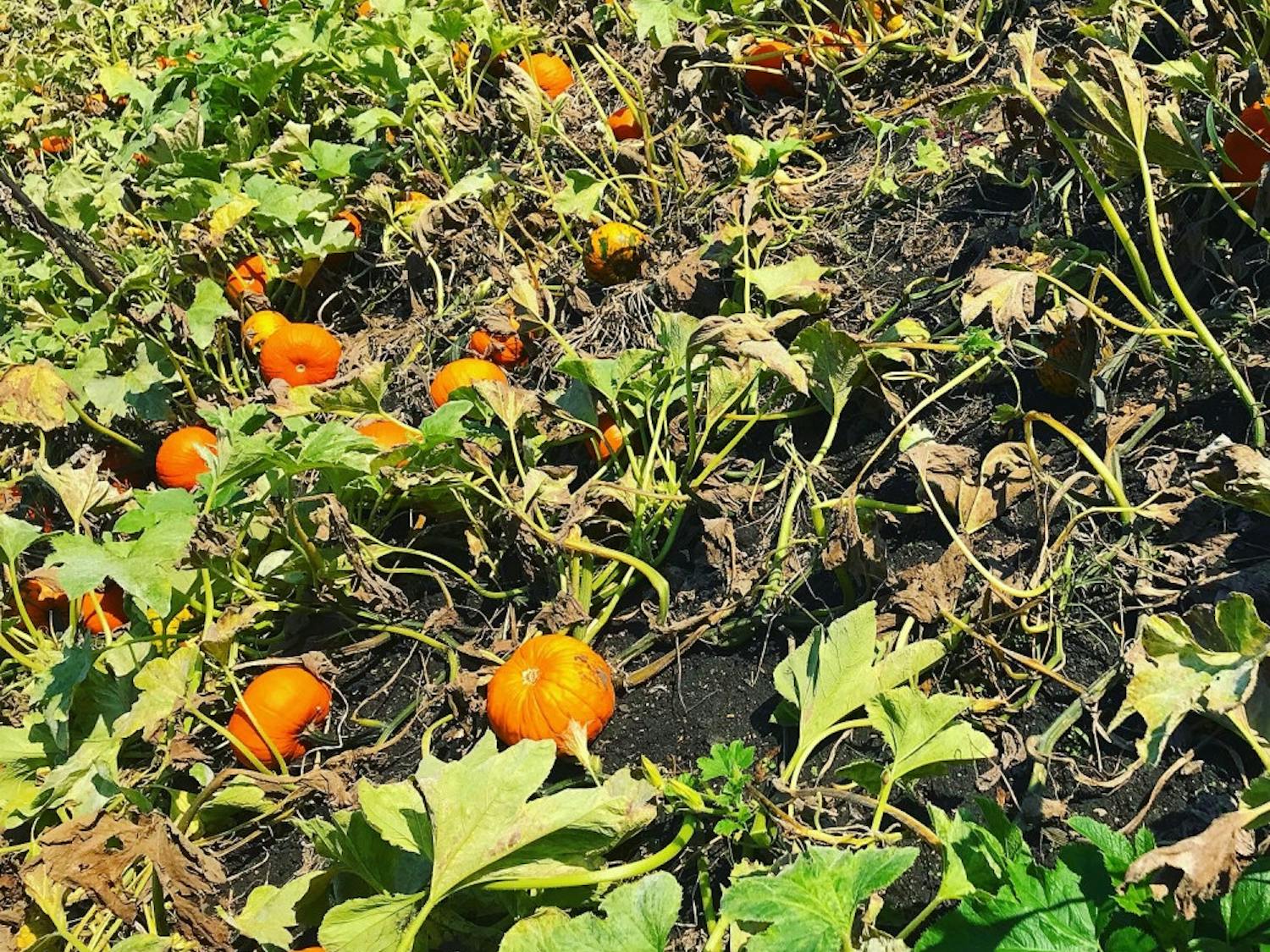Whenever finals week at IUPUI approaches, students receive conflicting advice on studying and taking exams from the internet, their friends and even their professors.
What’s the best way to study? How can I make finals less stressful? Should I cram for hours? Where should I take a break if I do take one?
The Campus Citizen’s survival guide for finals week will make answering these questions one less thing students have to worry about. This guide will be unique in that all of the tips featured here are backed by scientific evidence.
- Quizzing yourself is the best way to remember answers for the final
For example, psychological research suggests students can do better on finals if they quiz themselves, as opposed to just rereading the material. This is because students that are being quizzed or tested are mentally practicing retrieving the information.
Purdue University’s Jeffrey D. Karpicke contributed to this finding through his cognitive psychology research. In a 2006 study Karpicke conducted with Washington University in St. Louis’s Henry L. Roediger III, experiments demonstrated that students who were tested on the subject matter tended to have better retention than those who studied the material in other ways.
“Testing is a powerful means of improving learning, not just assessing it,” Karpicke and Roediger said in the abstract of the study.
In a 2016 article for the American Psychological Association, Karpicke noted that while self-testing and quizzing were the best ways to study, a majority of students preferred to instead reread the material.
“A wealth of research has shown that passive repetitive reading produces little or no benefit for learning,” Karpicke wrote.

Karpicke suggested students would be better off answering questions about the material by using practice worksheets or taking quizzes. Students who only reread the material are not practicing recalling the information, as one has to do on a final.
“Practicing retrieval is a simple and effective way to enhance long-term, meaningful learning,” Karpicke wrote.
- Quizzing yourself can also reduce stress when you’re taking a final
Research from Tufts University in Massachusetts found additional benefits from this approach by comparing performances of students who took practice tests and students who restudied material. The researchers found that those who took the practice tests, or retrieval practice, had reduced stress during finals.
“Participants who learned by restudying demonstrated the typical stress-related memory impairment,” the abstract of the study read, “whereas those who learned by retrieval practice were immune to the deleterious effects of stress.”
These results were found by Tufts University Department of Psychology staff Amy M. Smith, Victoria A. Floerke, and Ayanna K. Thomas, and published in the November 2016 issue of Science magazine.
- Taking breaks can sharpen focus for studying, especially in nature
Research also suggests students can reduce mental strain on themselves by periodically taking breaks.
According to psychological research from the University of Illinois at Urbana-Champaign, taking breaks can not only reduce stress but also increase concentration for tasks like studying. Researchers found that refusing to let the mind take a break from an activity impaired focus as the task went on.
A psychology professor and researcher at the University of Illinois Alejandro Lleras explained why to the Illinois News Bureau.
“Constant stimulation is registered by our brains as unimportant, to the point that the brain erases it from our awareness,” Lleras said.
If a student tries to study too much all at once, as in cramming, the brain will become exhausted and stop paying attention to the material.
"When faced with long tasks (such as studying before a final exam or doing your taxes), it is best to impose brief breaks on yourself,” Lleras said. “Brief mental breaks will actually help you stay focused on your task!"
In a widely cited study published in the Journal of Environmental Psychology, the University of Michigan’s Stephen Kaplan found that natural environments were the most mentally restorative for breaks.
Conclusion
According to the research featured here, the best way for students to prepare for finals is through taking practice test and quizzes. More effective than rereading the material, these memory retrieval study methods improve recall and reduce stress at test time. The evidence also suggests that cramming provides diminishing returns, because the brain needs periodic breaks to keep its focus sharp.
During finals week, a cacophonic chorus of conflicting advice is the last thing students need for their nerves. But with these scientific tips, students can be confident that they used the most effective study methods to prepare.





